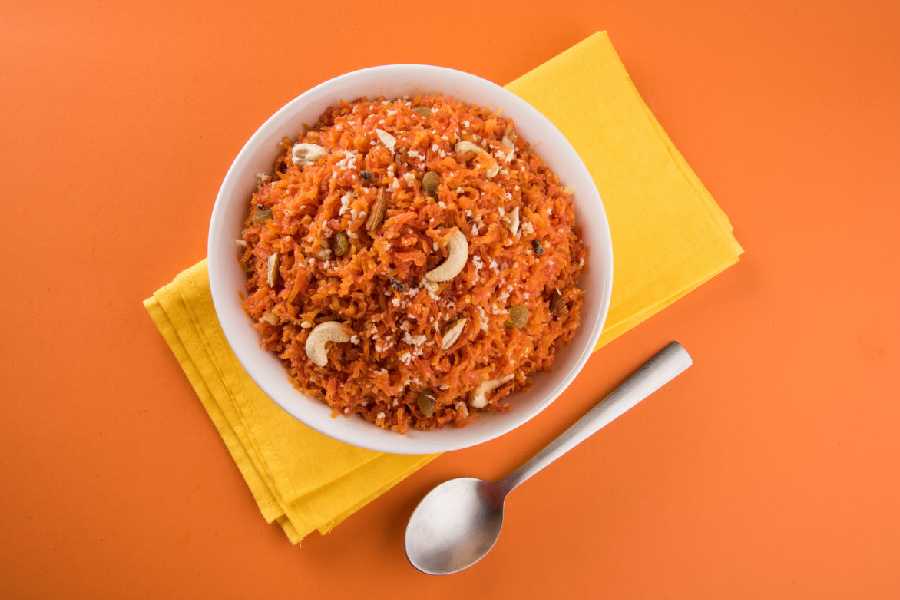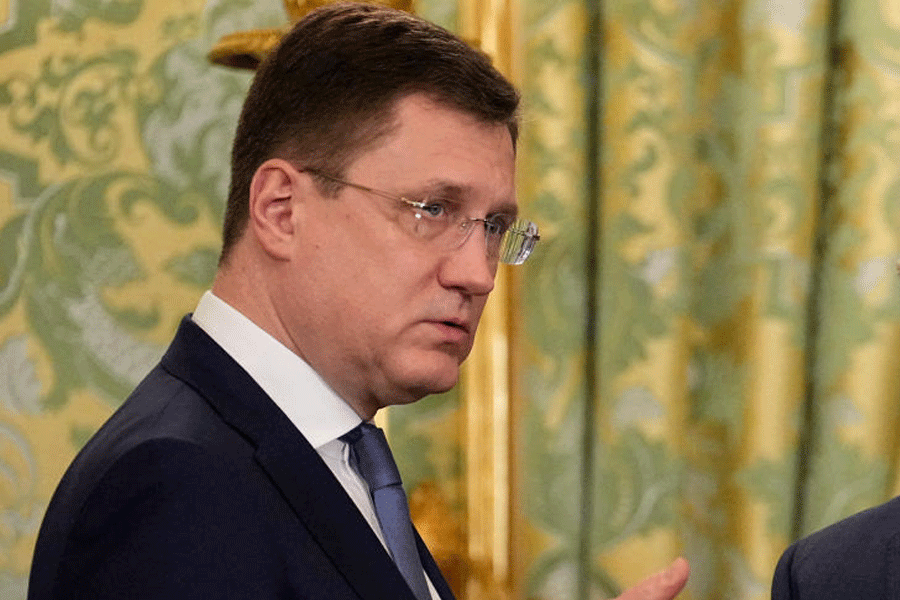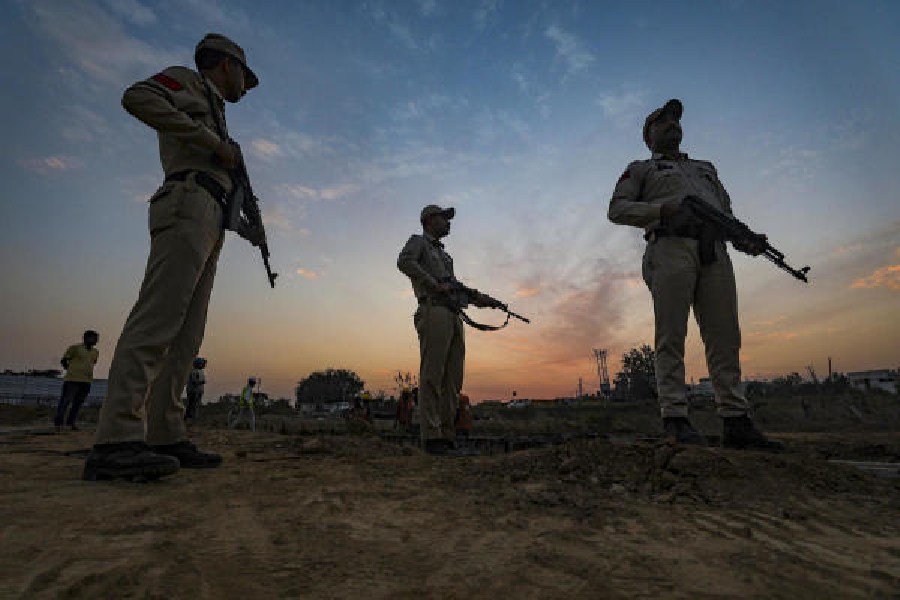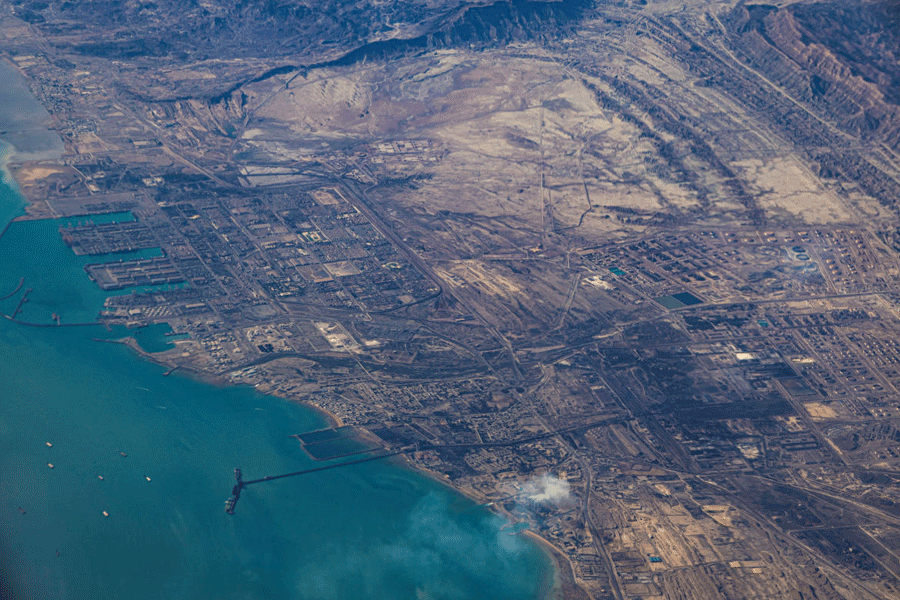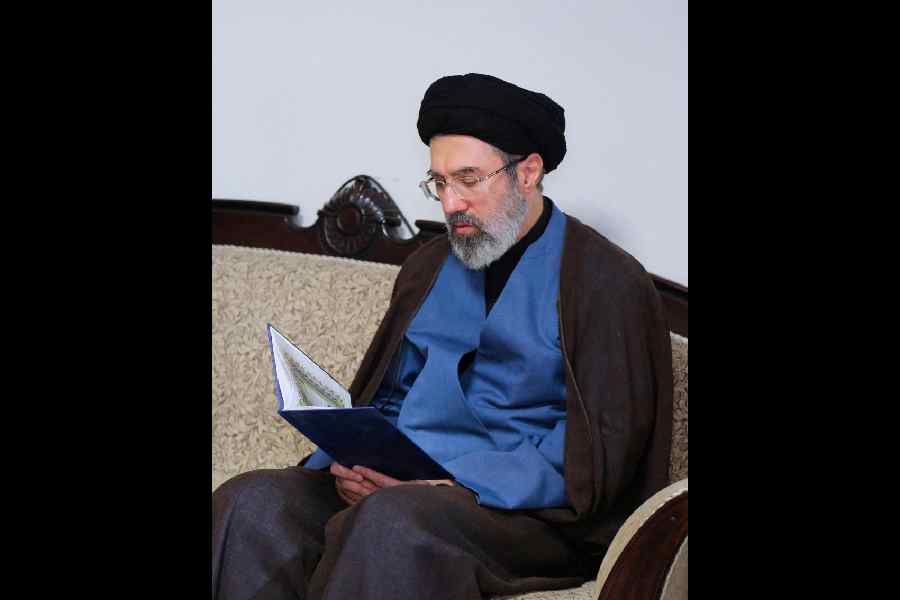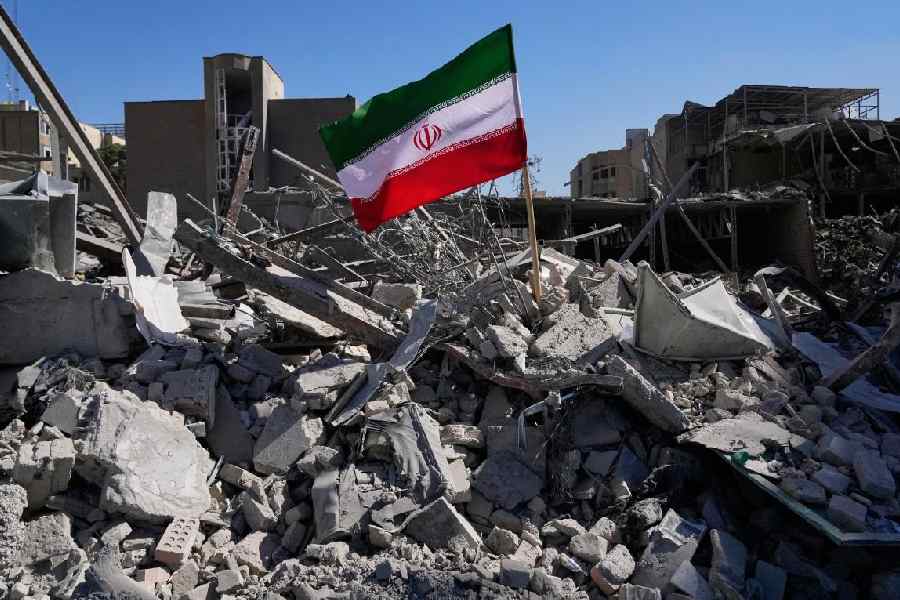Taste of home
Sir — When moong dal halwa meets microgravity, culinary history will be made. Wing Commander Shubhanshu Shukla will take with him to space Indian dishes like aamras which have been engineered to survive in space. Credit must go to the Indian Space Research Organisation and Defence Research and Development Organisation for persuading international space authorities to allow Indian food past security. So while an Indian travelling from India to the United States of America cannot carry gajar ka halwa made at home with him, an Indian travelling out of the planet can still enjoy a taste of home in space.
Saikat Kumar Basu,
Ottawa, Canada
Risky amnesia
Sir — Karol Nawrocki’s victory in Poland’s presidential polls is less a political upset than a warning (“Clio’s captors”, June 10). His triumph demonstrates the potency of weaponised history in contemporary European politics. When myth is allowed to replace nuance, voters are not choosing policies but identities. The far-Right does not merely reinterpret the past; it offers redemption narratives that absolve entire nations. Poland’s democratic institutions may yet endure but its historical memory risks becoming the first casualty. A country unsure of its past can scarcely chart a future.
Murtaza Ahmad,
Calcutta
Sir — Poland’s recent election result reflects a broader European pattern where historical grievance triumphs over democratic introspection. Karol Nawrocki, with his background in State-sponsored memory management, has capitalised on a yearning for national innocence. His rise suggests that the far-Right’s emotional hold on electorates is far stronger than any pro-European argument rooted in reason. This is not just Poland’s problem. It is a continental phenomenon and it is eroding the democratic values Europe claims to stand for.
Anthony Henriques,
Mumbai
Sir — The narrative that Karol Nawrocki champions — a Poland which is eternally victimised and morally unblemished — has won at the ballot box. But such mythmaking cannot sustain a functioning democracy. It offers pride
but denies accountability. His presidency may be largely ceremonial but the power he wields is considerable. When governments cannot challenge false history without being painted as traitors, political paralysis is inevitable. The question is why the Poles so willingly accepted a comforting fiction.
Shyamal Thakur,
East Burdwan
Sir — The failure to push through reforms has cost Donald Tusk and his party dearly in Poland. Yet the greater concern lies in what comes next. With Karol Nawrocki holding veto power and backed by a judiciary loyal to his predecessors, the Tusk government risks being reduced to symbolic leadership. The far-Right has learnt that control need not begin in Parliament — it can begin in memory, media and courts. Poland now enters a period of institutional obstruction dressed in patriotic fervour. The consequences may endure well beyond one presidency.
Mihir Kangutkar,
Mumbai
Sir — To criminalise honest historical inquiry, as Poland effectively did under the Law and Justice party, is to undermine the very foundation of democratic discourse. That Karol Nawrocki now ascends to the presidency after leading the Institute of National Remembrance is deeply troubling. His success lies not in new ideas but in rehabilitated myths. One cannot build democratic futures atop erased pasts. The lesson here is clear: where history is dictated, liberty is diminished. Europe must take note.
Kamal Laddha,
Bengaluru
Sense the thaw
Sir — The meeting between the Indian prime minister, Narendra Modi, and his Canadian counterpart, Mark Carney, may not erase recent tensions but it signals intent. India and Canada cannot afford a prolonged estrangement given human and economic interests. While accusations over the Hardeep Singh Nijjar case remain unresolved, the symbolic value of this G-7 summit outreach by Carney lies in its potential to revive stalled channels. Diplomacy need not endorse every grievance but must keep doors open. Restoring trade talks and diplomatic staff should be immediate goals, not distant aspirations.
P. Victor Selvaraj,
Tirunelveli, Tamil Nadu
Sir — Mark Carney inviting Narendra Modi to the G-7 outreach in Kananaskis represents a cautious but commendable gesture. Yet, symbolism alone cannot mend relations frayed by suspicion and accusations. The Indian diaspora in Canada has become both bridge and battleground. Progress now hinges on whether the leaders can rise above populist posturing and prioritise engagement. Both countries must recommit to dialogue, lest strategic partnership give way to permanent mistrust.
Nadim Dhakiya,
Amroha, Uttar Pradesh
Sir — India and Canada share more than grievances; they share over 1.8 million citizens of common concern. No disagreement, however serious, should derail diplomatic ties indefinitely.
Noopur Baruah,
Tezpur

